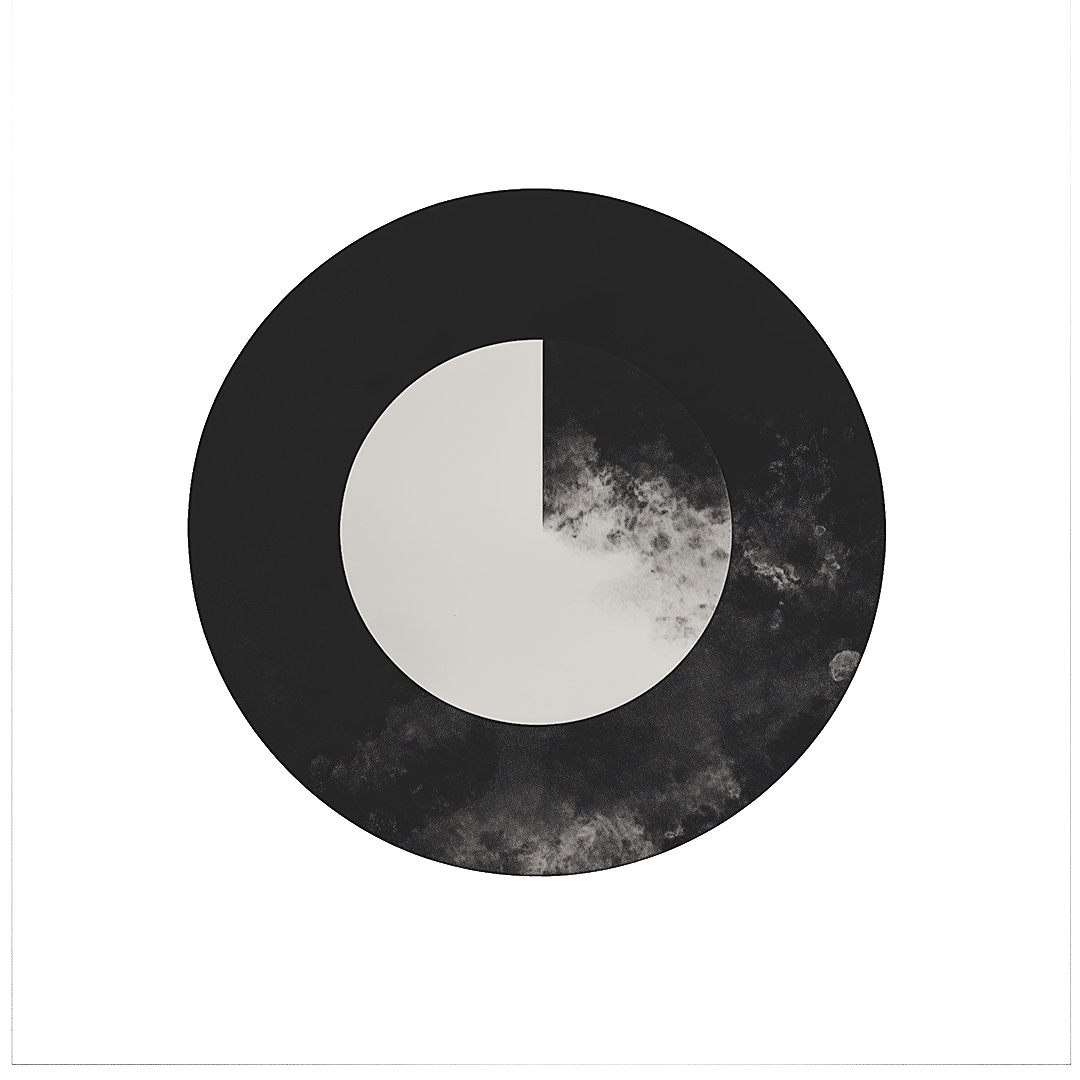OPENINGS
Season 2025 - 2026
The following program list outlines a structural agenda designed to foster an agile, down-to-earth relationship with the rapid pace of change brought about by technology, society, and the broader contexts to which we are subjected.
Through close engagement and daily research into developments in AI-driven creative scenarios, the Generative Center recognizes the need to continually adapt our plans to transformative conditions. As our relationship with machine learning and artificial intelligence enters a new phase, moving beyond the initial shock of impact, it calls for a more mature and considered approach. In the face of automation, where is the creative process heading? How are our values evolving? How are different generations confronting this pivotal moment?
The 2025–2026 GC Openings season proposes encounters that inspire mutual exchange, invite us to open ourselves to new perspectives, and embrace one another’s points of view. Emphasizing intergenerational dialogue, cross-cultural engagement, and multidisciplinary approaches, it aims to provide a continuous and in-depth analysis of our world through the prism of creativity.
2026
10 Shifting Narratives: Rumble in the Jungle - Saturday 31 January
15:30 - 18:30 A Sparring Exercise / Debate and Public Exchange
19:00 Vernissage
20:00 Performance Body Prompting
Night - DJ sets by Cechio 91 & DJ Cinq curates
11 AI & Ecology: An Open Debate - Saturday 27 February
Electricity, chips, silicon shortages—the facts, the manipulations, and the exploitation of AI doom narratives.
12 Focus Education: Learning to Learn - Friday 6 March
The future of education is shifting toward transformation. How do we need to learn? How do we prepare for a world of constant information flux? Do we need to differentiate between information and knowledge? The current rate of change suggests structures will not be able to adjust and cope with the requirements for renewed educational processes, we will explore the shortcuts, the constants, and the human argument in our present situation.
13 Shifting Narratives: The Simulation - Friday 22 May
Exploring the intersections of belief, simulation, and reality in the age of AI.
14 LLM: Making Specifics - Saturday 13 June
An in-depth look at the creation of the APERTUS LLM. With distinguished guests from ALPS (Swiss National Supercomputing Center, Lugano, Ticino), we imagine a world where building bespoke language models becomes an art form, comparable to the work of Leonardo da Vinci, Hokusai, or movements like Surrealism and Impressionism.
Exchanging knowledge, forecasting the future
Held at our base in Besso 42A, Lugano, Switzerland AI Openings offers a space for sharing and reflecting on the transformative potential of Artificial Intelligence in today’s social and creative contexts. Anchored in specific relational themes, these events expand their focus through the contributions of special guests, artist exhibitions, round tables, scientists, practitioners, and public figures.
Faithful to the spirit of our gatherings, we maintain a dynamic and experimental approach, leaving room for spontaneity and collaboration among participants. The aim is to foster an open debate around technology, art, society, ecology, and philosophical perspectives. By emphasizing the transmission of knowledge and artistic exchange, AI Openings create an intensified moment of sharing and experience that resonates beyond the timeframe of the event. Participants carry a relationship with the experience and are invited to continue their reflections. Openings function as an organic flow toward ongoing structural research. Through thematic scaling, each Opening engages with specific areas of inquiry, encourages exchange, and generates outcomes, audiovisual, written, or relational. In this way, Openings are the dynamic engine of the Generative Center’s continuous research, open to collaboration and creative partnerships.
The first Opening, MATCH AI 01, held on September 27, 2024, and entitled "Enzymatic Machine: Contamination," symbolized this process of transformation and generation. It envisioned a new paradigm where biological and computational technologies merge to foster creativity and innovation. AI 02 "Liquid Machine: Quantum Phenomena"held on January 17, 2025, proposed an exchange on the current development of AI technology towards quantum physics, biological understanding of intelligence, and water a primal element, life and memory. Read the abstract and additional information below. 03 "Temporal Portals: Urban Spaces" held on February 28, 2025, examined how mythological layers persist in contemporary urban contexts, transcending generations and finding new resonance through emerging technologies. 04 "The Future of Cinema" held on March 15, 2025, discussed cinema as a "language" and explored how AI is rewriting its rules, diving into creativity as a living force, storytelling as an emotional bridge, and the healing factors of experience. 05 BODY PROMPTING UNPREDICTABILITY, held 5 April 2025, proposed a practical exchange between dancers, writers, ai artists, directors and musicians. 06 FOCUS ON EDUCATION, CHANCE FACTORS AND AI, held 23 May 2025 in collaboration with Spazio Ado and Fondazione Amilcare, provoked extraordinary exchange and insight into the need to work creatively in order to understand the changes we are confronting through the impact of AI. Held Saturday, June 14th, 07 LEARNING TO FLY was an intimate yet extraordinarily deep exchange. 30 years after the original The Incident symposium at the Belluard fortress in Fribourg, the Generative Center proposed a tribute to the unique exchange on the importance and significance of the periphery, the center, novelty vs. renewal, Learning to Fly took us to lasting heights. 08 Digital Self Defense. A critical approach to technology in our daily lives. 09 Beyond AI & Animation. An assessment on the impact of AI in the animation sector and filmmaking. In collaboration with Lugano Animation Days film festival.
Stay informed, please send us a note ai@generativecenter.ch to join our mailing list.
